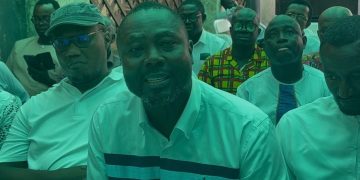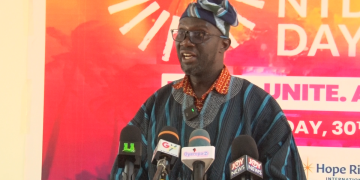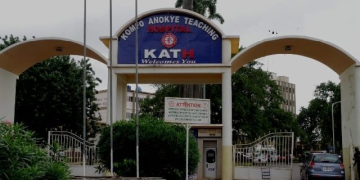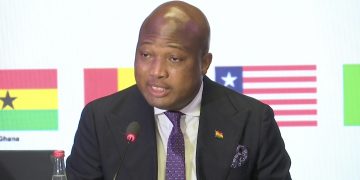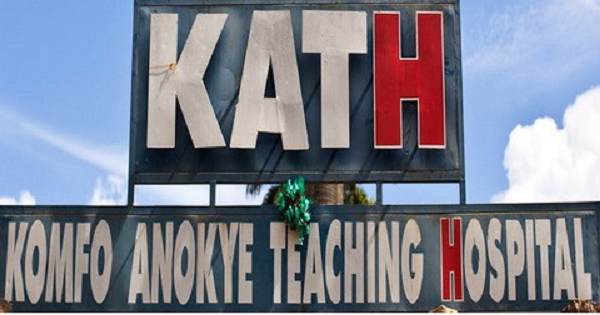On the night of September 6, 2020, a woman in acute distress stumbled into our pharmacy gasping for breath and on the brink of collapse.
She was not a regular patient. We didn’t know her name. She had simply taken a detour to a public toilet when a storm of medical crisis overtook her.
Our team at Garrison Pharmacy, without hesitation, sprang into action and transported her to Komfo Anokye Teaching Hospital (KATH) the referral apex for the middle and northern belts of Ghana.
What we encountered that night in the hospital’s triage was not only chaos but a tragic reflection of how close to collapse our emergency care infrastructure truly is.
At the heart of this story lies a man—Dr. Kwame Adu Ofori. Calm under pressure, decisive in a system riddled with delays, he stood as a bulwark against death. His clinical judgment and urgency helped us secure the medication the patient needed. But the tragedy is this: the doctor who led a life-saving moment in emergency care later became a victim of a system that failed to respond to his own emergency. The physician, in the end, had no physician.
This is not just a tribute. It is a call to leadership at Komfo Anokye Teaching Hospital and to all health policymakers: Wake up. The emergency room is broken, and lives are being lost not for lack of expertise, but for lack of organization, basic preparedness, and structural investment.
The Failure Is Systemic
Why were emergency medications like frusemide and glyceryl trinitrate (GTN) not within arm’s reach in the triage? Why must a pharmacist on a mercy mission promise reimbursement before a dying woman can access life-saving treatment?
This is a direct result of the persistent cash-and-carry culture that prioritizes bureaucracy over urgency. It is unacceptable that, in an emergency, a life should be made to wait for administrative clearance or payment confirmation before drugs can be dispensed. Every second counts.
Where Is the Emergency Protocol?
There was no pharmacist stationed in triage to assist with medicine reconciliation or inventory access. No emergency cabinet clearly stocked. The result? Uncoordinated movement between wards and pharmacies. Precious time lost in an environment already stretched to its limits.
And the beds? Nonexistent. Patients sat in wheelchairs, defecating on themselves, while janitorial staff struggled to maintain even minimal hygiene. If Komfo Anokye Teaching Hospital is the referral center for a major region, what is the situation at the district levels?
Leadership Must Act
Dr. Kwame Adu Ofori did not complain that night. He acted. With courage, clarity, and compassion. That is what emergency care demands. But systemic neglect erodes even the best of professionals. That same system failed to rally for him when he needed it most. He died not just from illness—but from the inertia of a failing system.
Let his memory be more than a eulogy. Let it be a catalyst.
We call on the management of KATH to:
- Establish a dedicated emergency medication cabinet at triage—immediately stocked and regularly audited.
- Deploy an on-site pharmacist during high-pressure shifts to support medication delivery and reconciliation.
- Revamp the emergency patient workflow to prioritize life over ledger entries.
- Invest in staff training and infrastructure upgrades, ensuring dignity and speed in emergency care.
- Revisit the cash-and-carry model for emergency services. No one should pay before first aid is administered.
A Moment in History, A Lesson for the Future
The woman we helped survived. But many others may not. This is not an isolated tale. It is a microcosm of broader failings in Ghana’s emergency health delivery. Yet in the same breath, it is proof of what is possible when teamwork, professional integrity, and compassion lead the way.
Dr. Ofori’s life was a testament to service. His death must be a turning point. Komfo Anokye must wake up.
Source: Pharm. Richmond Adusa-Poku, Superintendent Pharmacist, Garrison Pharmacy, Kumasi



